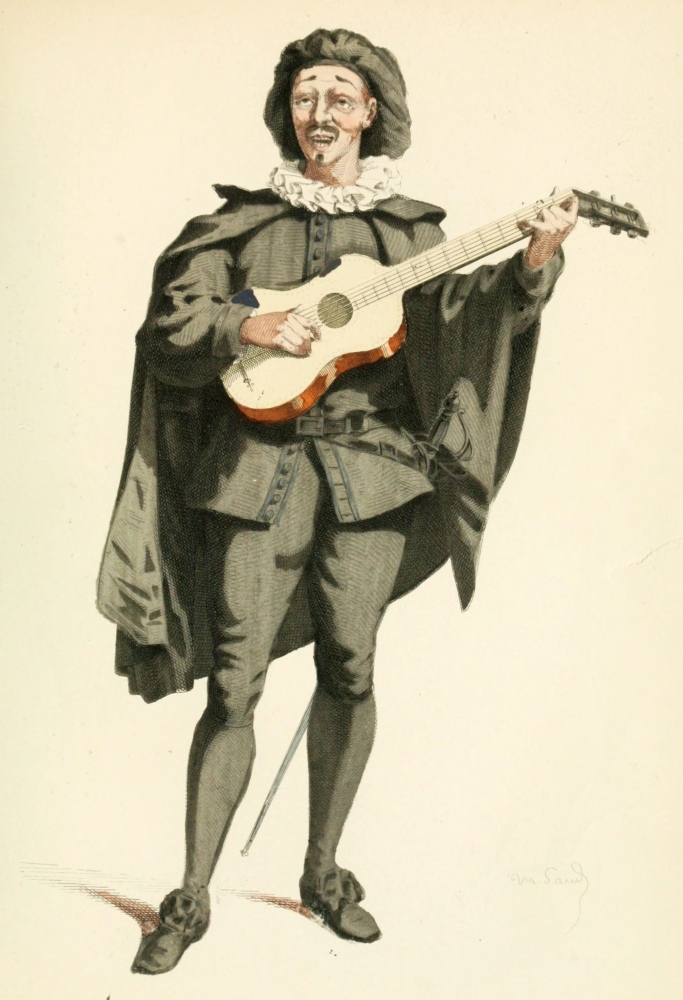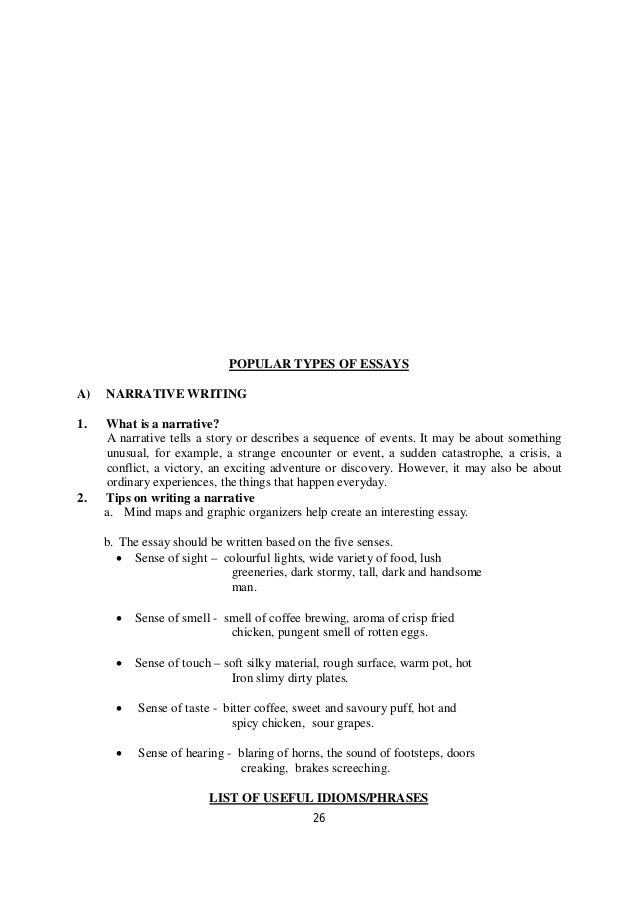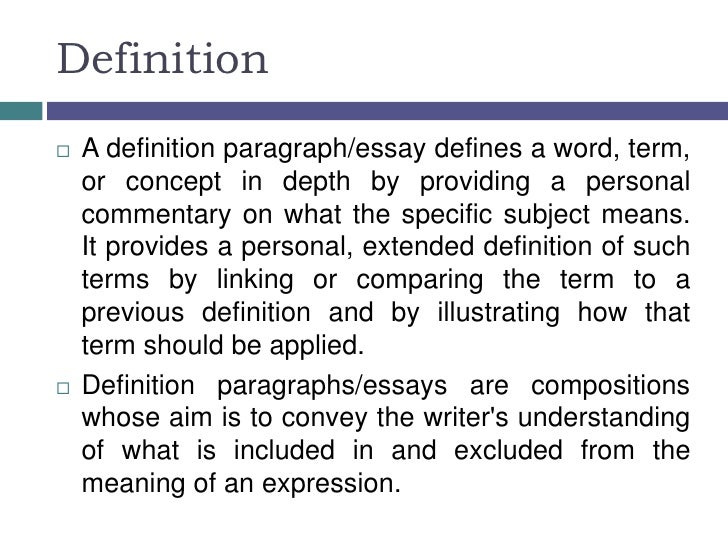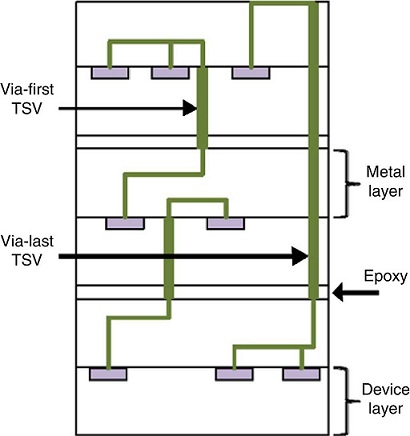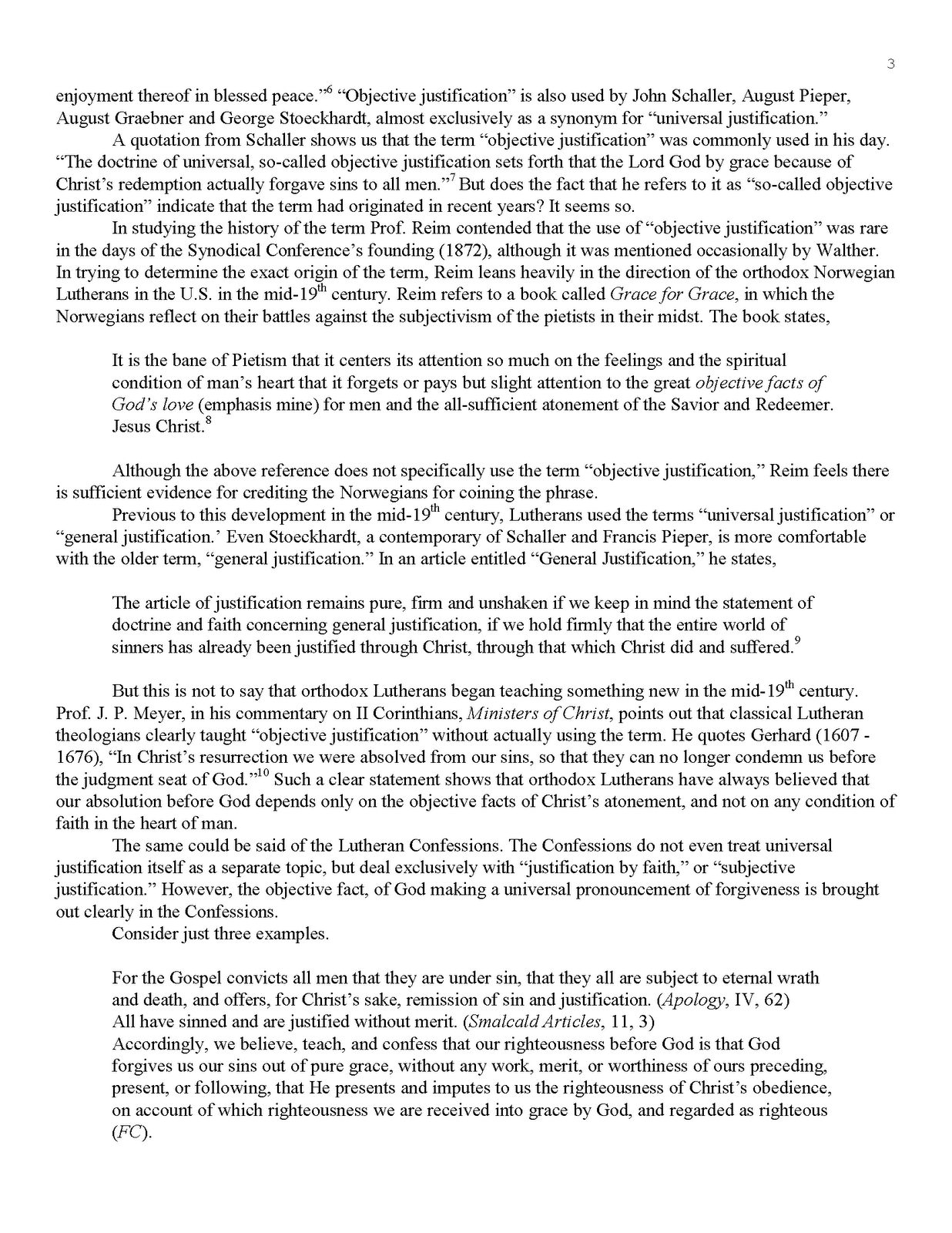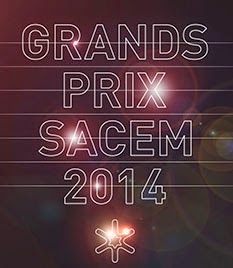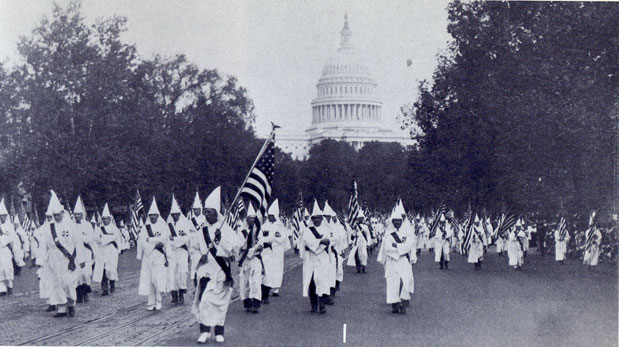Locus of Control and Your Life - Verywell Mind.
Social influence processes involved in social change include minority influence, internal locus of control and disobedience to authority. Social change is usually a result of minority influence. This is when a small group of people (the minority) manage to persuade the majority to adopt their point of view.
Rotter (1954) describes Locus of Control in Social learning theory. Locus of control is the person’s own belief and it is internal or external. Internal Locus of control is the perception of positive and negative moments result in person’s action and is under persons control whereas external locus of control is beyond person’s control. Dr.
A Comparison of Theory of Differential Social Control by Ross L. Matsueda and Control Balance Theory by Charles R Title in the Criminal Justice Field (4160 words, 10 pages) AbstractTwo theorist and theories that have been recognized by many involved in the criminal justice field are Ross L. Matsueda's Theory of Differential Social Control, and, Charles R. Tittle's Control Balance Theory.
Free Essay: An Evaluation of External Locus of Control Everything happens for a reason.. and behavior. Personality psychology has been able to attempt and continue to explain the complex organism of a person’s behavior that guide ones direction and pattern of a person’s life.. Theory Lotus of Control Locus of control refers to the.
Not surprisingly, therefore, externals greatly prefer avoidance behaviors rather than the problem-solving tactics used by internal loci of control people. Critique of Locus of Control Theory. In spite of its huge influence in the field of psychology, the locus of control concept has been criticized.
Other posts on the site.
Locus of control Locus of control is a theory in personality psychology referring to the extent to which individuals believe that they can control events that affect them. Understanding of the concept was developed by Julian B. Rotter in 1954, and has since become an important aspect of personality studies.
Locus of control (Rotter 1966) refers to an individual's beliefs about the extent of control that they have over things that happen to them. The more anxious or depressed a person is, the more external their locus of control tends to be and a greater external locus of control is associated with a greater vulnerability to physical illness.
Locus of control is an important psychological construct that identifies the extent to which people believe that internal or external forces influence their lives. Within the field of spirituality, there is a developing interest in locus of control as it may apply to people’s understanding of their illness.
A cognitive style or personality trait characterized by a generalized expectancy about the relationship between behaviour and the subsequent occurrence of reinforcement (1) in the form of reward and punishment. People with internal locus of control tend to expect reinforcements (1) to be the consequences of their own efforts or behaviour, whereas people with external locus of control expect.


